Winner of top prizes at the Venice and Mumbai film festivals, Chaitanya Tamhane’s Court is a quietly devastating, absurdist portrait of injustice, caste prejudice, and venal politics in contemporary India. An elderly folk singer and grassroots organizer, dubbed the “people’s poet,” is arrested on a trumped-up charge of inciting a sewage worker to commit suicide. His trial is a ridiculous and harrowing display of institutional incompetence, with endless procedural delays, coached witnesses for the prosecution, and obsessive privileging of arcane colonial law over reason and mercy. What truly distinguishes Court, however, is Tamhane’s brilliant ensemble cast of professional and nonprofessional actors; his affecting mixture of comedy and tragedy; and his naturalist approach to his characters and to Indian society as a whole, rich with complexity and contradiction. —New Directors/New Films
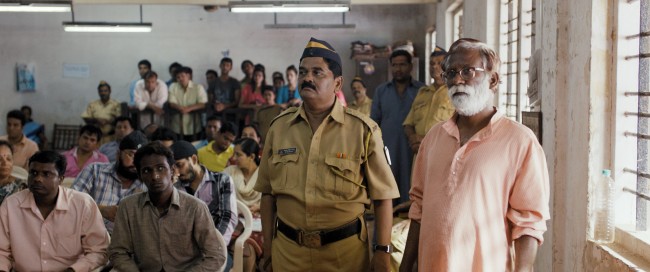
The New Yorker recently published this excellent appraisal of the film with background information about the scandal of India’s infamously slow justice system. It’s not required reading before seeing Court, but it’s informative — and shocking — nonetheless.

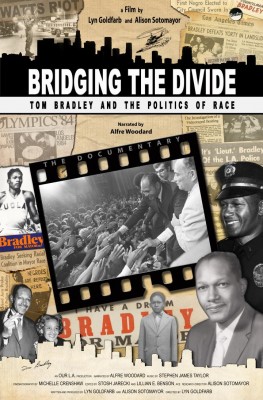
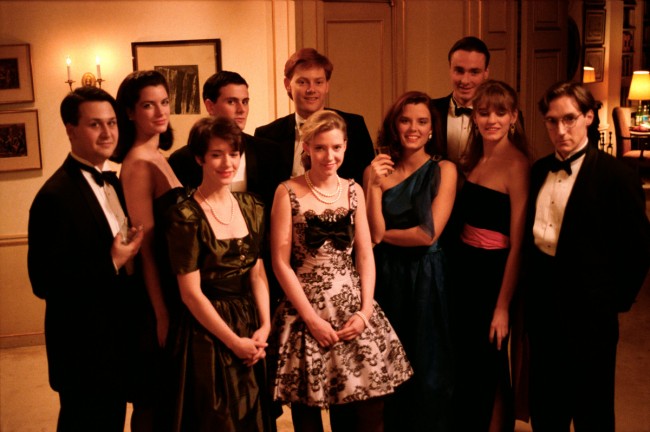
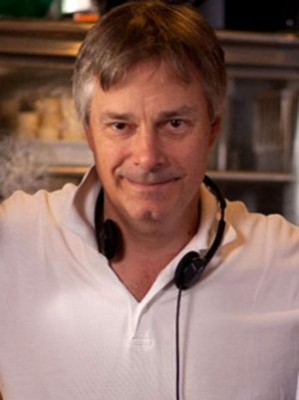

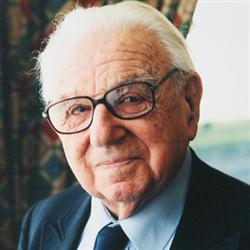
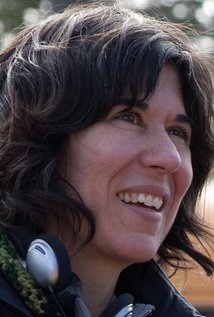
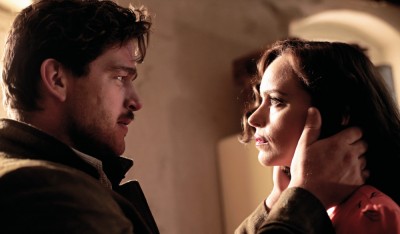
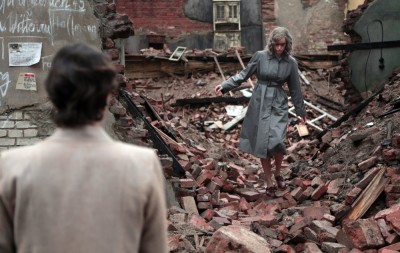
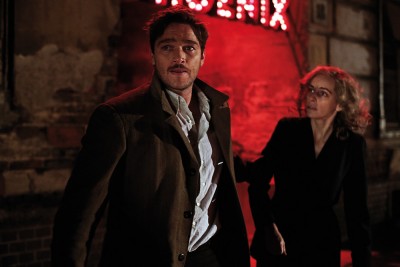 “One text had a major influence on our preparations: Ein Liebesversuch (‘An Experiment in Love’) by Alexander Kluge. The story is set in Auschwitz. The Nazis are looking through peepholes into a sealed room. They’re observing a couple who, according to their records, used to be passionately in love. The Nazi doctors are trying to revive this love: They want the couple to sleep with each other. The goal is to establish whether the woman has been successfully sterilized. They try everything: champagne, red light, spraying them with ice-cold water – thinking that the need for warmth might drive them together again. But nothing happens – the two of them don’t look at each other. In a strange way, the Nazi doctors’ failure is a victory for love: a love lost that can’t be re-kindled by these criminals. I think that was the most significant text for us. Is it possible to leap back over the deep, nihilistic chasm torn by the National Socialists and the Germans, and to reconstruct things: emotions, love, compassion, empathy – life?
“One text had a major influence on our preparations: Ein Liebesversuch (‘An Experiment in Love’) by Alexander Kluge. The story is set in Auschwitz. The Nazis are looking through peepholes into a sealed room. They’re observing a couple who, according to their records, used to be passionately in love. The Nazi doctors are trying to revive this love: They want the couple to sleep with each other. The goal is to establish whether the woman has been successfully sterilized. They try everything: champagne, red light, spraying them with ice-cold water – thinking that the need for warmth might drive them together again. But nothing happens – the two of them don’t look at each other. In a strange way, the Nazi doctors’ failure is a victory for love: a love lost that can’t be re-kindled by these criminals. I think that was the most significant text for us. Is it possible to leap back over the deep, nihilistic chasm torn by the National Socialists and the Germans, and to reconstruct things: emotions, love, compassion, empathy – life?